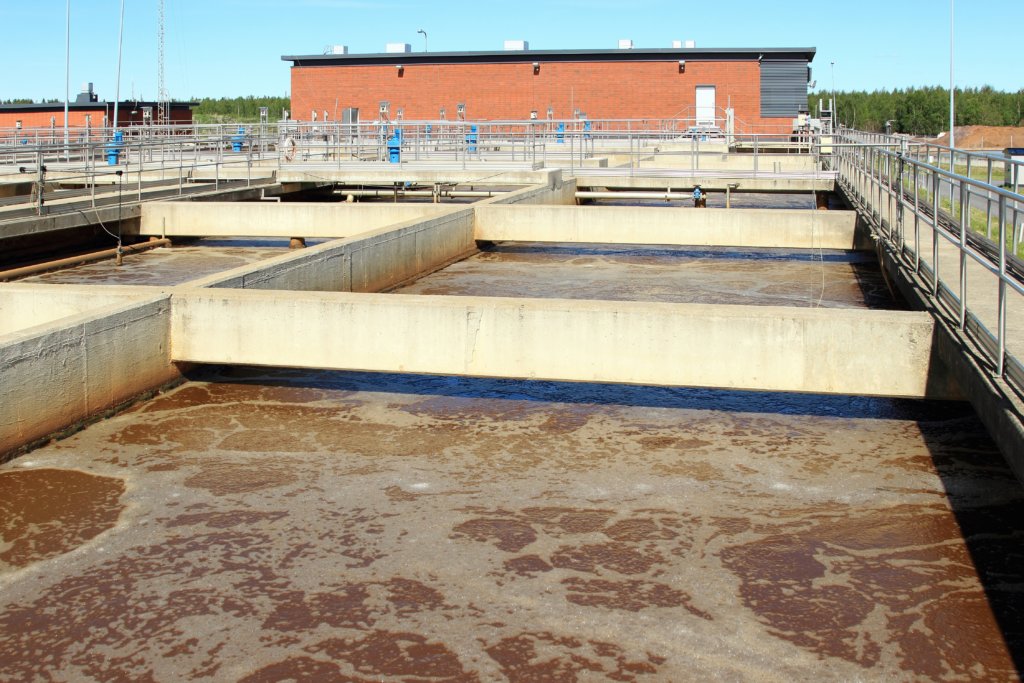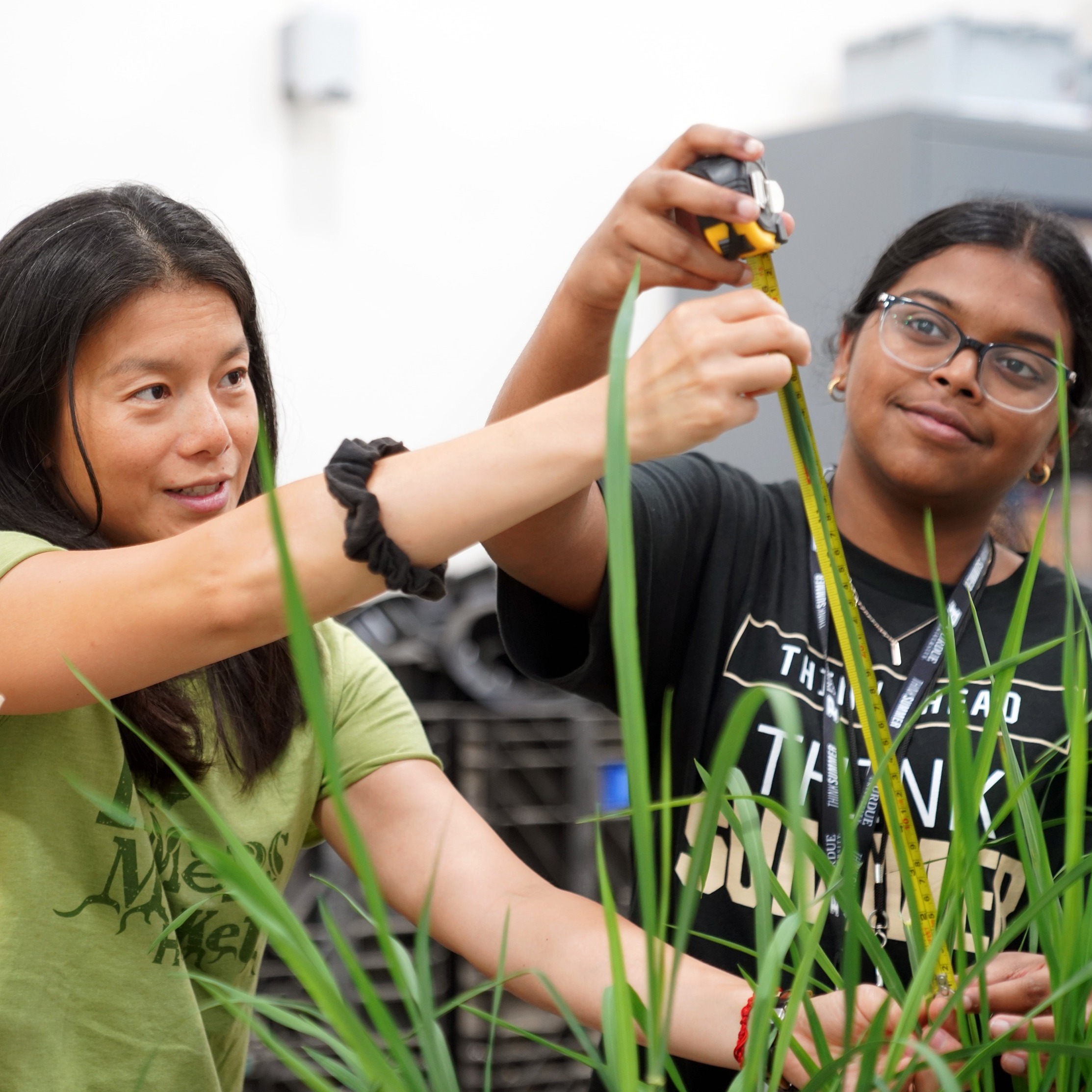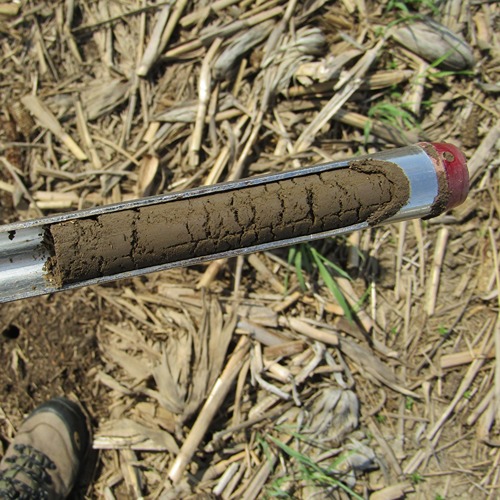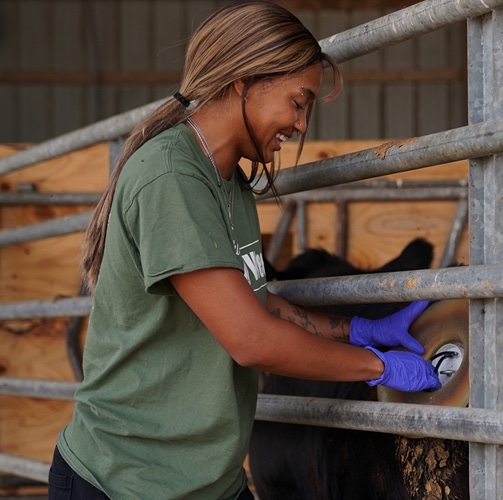Anyone who has enjoyed the ease of sliding a fried egg out of a Teflon-coated frying pan, not had to think twice about the grease from a cheeseburger soaking through the fast-food container, or watched rain water bead on a jacket rather than soak through can thank per- and poly-fluoroalkyl substances (PFAS).
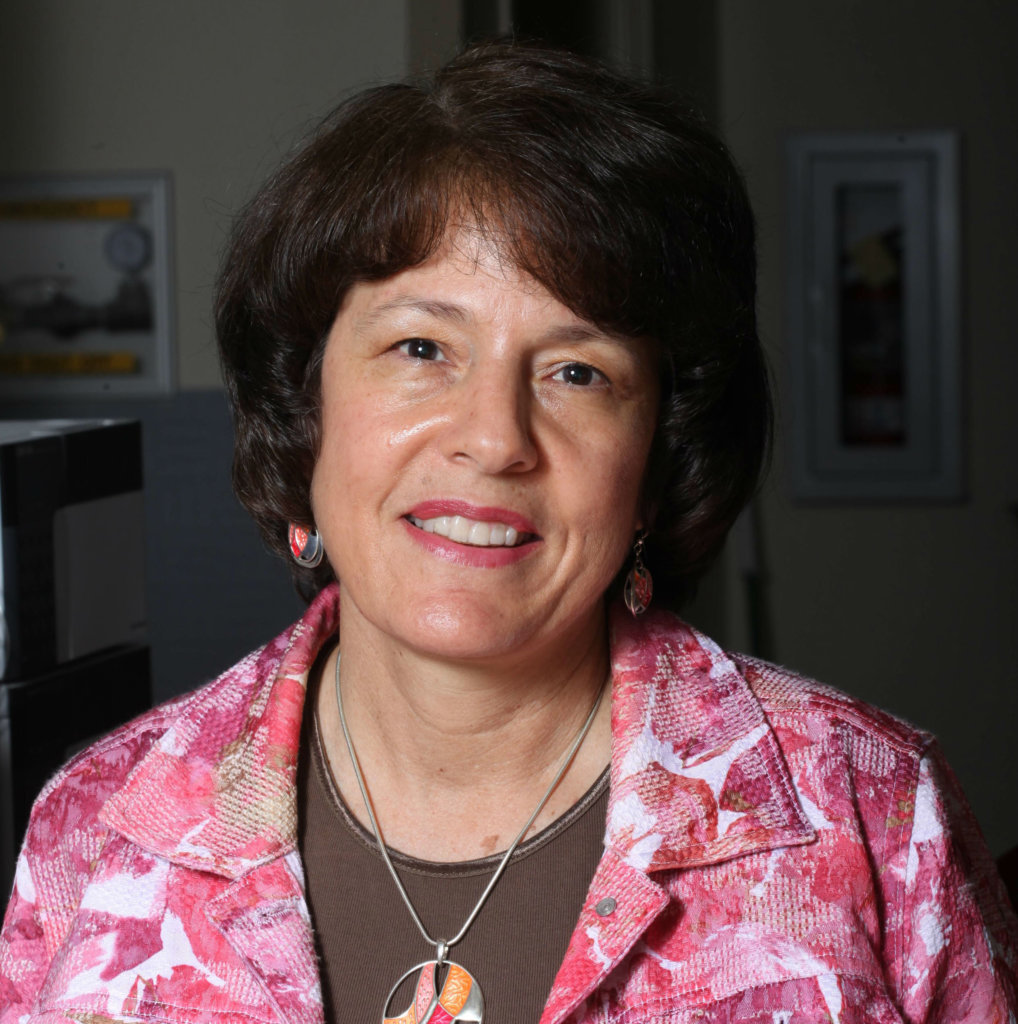
For all the good they do, however, this wide range of uses leads to people regularly ingesting these chemicals. One U.S. Centers for Disease Control and Prevention study shows that PFAS are present in 98 percent of Americans’ blood. That’s a problem because PFAS have been linked to increased levels of cholesterol, low infant birth weights, thyroid and immune system problems, and cancer.
“We’re getting them in our foods through food packaging, in our homes from our furniture and carpet, and we get it from our drinking water,” said Linda Lee, a Purdue professor in the Department of Agronomy.
Lee believes the key to lowering PFAS levels in drinking water is to reduce their use on products and to capture or remediate them before they leave wastewater treatment plants. The U.S. Environmental Protection Agency recently awarded her nearly $900,000 to decrease PFAS that exit the plants though effluent and sludge.
Wastewater treatment plants return liquid effluent to rivers, lakes and the ocean. Solid sludge is often turned into fertilizer or soil amendment products for use on farms. These both contain PFAS that get into the water that many Americans drink every day.
“It’s a significant problem because these compounds don’t degrade naturally,” Lee said. “We don’t want to see these biosolids wind up in landfills or incinerators. These approaches are not sustainable solutions and would eliminate an incredible source of carbon and nutrients that can improve soil and plant health. So, we need to do research to find ways to remove them in the wastewater plants.”
With colleagues at the University of Illinois-Chicago and the University of Florida, Lee is designing methods that use electrochemical reactions to degrade PFAS from liquid effluent into harmless carbon and fluorine. They’re also developing and evaluating processes that can trap or change the structure of PFAS in solid waste to keep the chemicals from being released into soil and water.
Companies have begun phasing PFAS out of items such as carpet and cookware, and several states have proposed bans on the chemicals in some products. But since PFAS do not naturally degrade and have a half-life of several years, it’s key to remove the ones already in the environment, too.
“All of us have them in our blood. They are in our homes, in our cars, in a ton of products. They’re persistent and they don’t go away,” Lee said.
In addition to her wastewater work, Lee’s lab is focused on removing PFAs chemicals from ground water supplies, as well as evaluating the PFAS toxicity in humans and wildlife.
